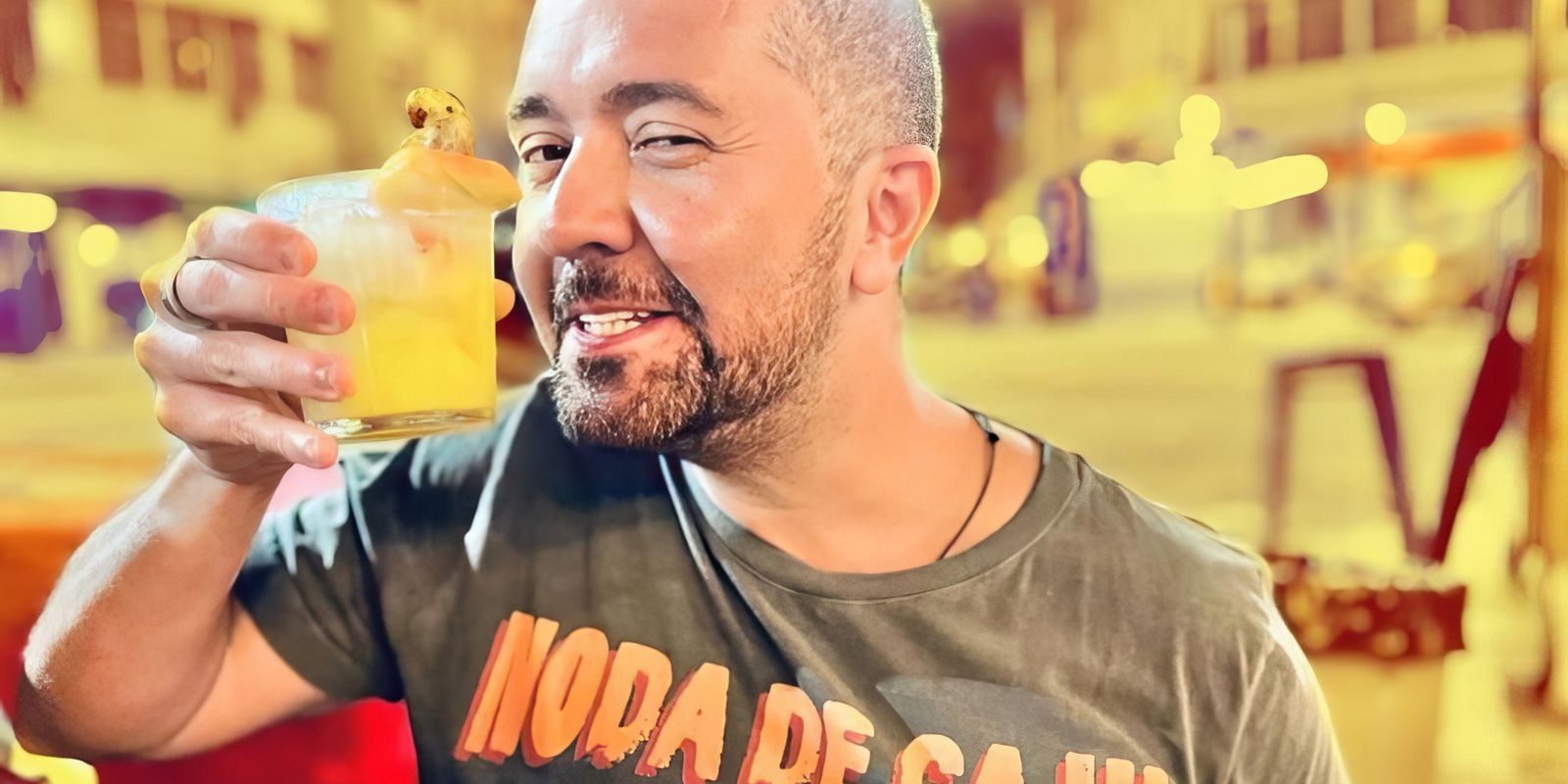Since they are a native Brazilian fruit, cashews were chosen as the plot of samba school Mocidade Independente de Padre Miguel for this year's Carnival in Rio de Janeiro.
“The Brazilian fruit is not a banana, and it is not an apple. It's a cashew!” he said. Brazil Agency General President of Embrapa Agroindústria Tropical, Gustavo Saavedra. It will showcase not only the history and traditions of this fruit, but also innovations in Brazilian science. Cloning cashew tree seedlings, something that sounds like science fiction, will cross the street with revelers.
School parades in the Sambadrome this Monday (12). The plot says Ask for cashews and I will give you…the cashew tree that gives It was signed by actor and comedian Marcelo Adnet and Paulinho Mociedade, among other composers. In July, Embrapa, which has the center that does all the cashew research in Fortaleza (CE), contacted the samba school to talk not only about the properties of the fruit, but also about all the techniques that go into producing it.
“Today's cashew cultivation requires technology, it requires advanced production systems. So we have to combine the characteristics of the fruit with the technology that Brazilian agriculture requires,” explained Saavedra. Since then, Embrapa Agroindústrria Tropical has begun working with Mocidade, providing technical information, “until For them to build samba, plot, and floats. “There were a lot of conversations.”
In the final stage, a cashew tree was planted in Cidade de Samba, in an area designated for youth by the Independent Association of Samba Schools of Rio de Janeiro (LISA). For the school cart, which talks about cashews and production technology, Embrapa donated 500 seedlings of dwarf cashew trees, also called clones. “The Embrapa technology will be at Marquês de Sapucaí. The clones are the varieties.”
Each copy takes, on average, 30 years to fully develop. “Because we have to look for the most adapted varieties in nature, perform hybridization, and from there, test not only the production of the product, but also the industrial and sensory properties. That's why it takes a long time.”
Once this is done, the cashew propagation process is done through cloning. From the set of basic plans, copies are made. “Each cashew variety is a copy of the variety of plants in our pilot plant. They all have the same production characteristics,” said the general manager.
The seedlings were donated to the Mocidade Independente de Padre Miguel in exchange for social work. After the carnival, the school committed to donating to the community, so that people can plant cashew trees in their backyards or in gardens.
Giant cashew tree
The dwarf cashew tree is not the most unique type of fruit in Brazil, but it is the giant cashew tree. However, Saavedra reported that the giant cashew tree does not allow the production system to be structured.
The process involves the traditional production model, which is extraction. Because they are very large trees, reaching 12 to 15 meters in length, in widely spaced areas, the productivity of the giant cashew tree amounts to about 150 to 200 kilograms of nuts per hectare, with the possibility of using the very weak stalk, which is part of the pulp, or the fruit itself. .
“When you switch to dwarf cashew trees, which is a managed tree, and following all the procedures recommended by Embrapa, you will have a tree 2.5 meters tall. Cashews can be harvested by hand. You pick them from the ground, and the cashews suffer and rot very quickly.”
The first advantage of the dwarf cashew tree is that people can use the stalk in large quantities, and given the entire technological package involved, it is possible to produce more than a thousand kilos of nuts per hectare, the agronomist explained.
“You go from 200 kilograms to more than a thousand kilograms of nuts, because you are planting more trees per hectare; you can manage them, feed the tree, create a food package, control pests and diseases. They are living organisms, better formed and more productive.
The states of Ceará, Piauí, and Rio Grande do Norte are the largest cashew producers in Brazil.
Researchers from Embrapa Agroindústria Tropical regretted that the costumes were sold out almost two months ago, preventing them from participating in the Mocidade parade. Gustavo Saavedra reported that the school's samba music was one of the most played songs on Spotify (the digital music service that gives access to millions of songs) this year.
“People sing Cashew Samba. It has a lightness and becomes very easy. It became a 'hit'. This has a good effect on the Cashew series, because it shows that the cashews are ours; it indicates that the cashews are Brazilian,” he noted.
Cashew cultivation
About 170,000 producers exploit cashew cultivation on more than 53,000 properties, 70% of whom are small farmers with areas of less than 20 hectares. It is estimated that the activity generates about 250,000 direct and indirect job opportunities. In the northeastern region, its importance is greater, as the demand for labor for the harvest coincides with the annual off-season for subsistence crops, i.e. the second half of the year.

“Hardcore beer fanatic. Falls down a lot. Professional coffee fan. Music ninja.”









More Stories
The law allows children and adolescents to visit parents in the hospital.
Scientists pave the way for the emergence of a new element in the periodic table | World and Science
Can dengue cause hair loss? Expert explains how the disease affects hair